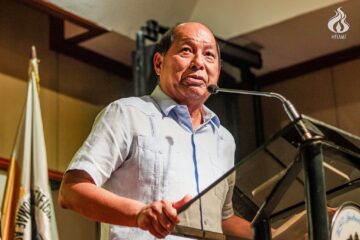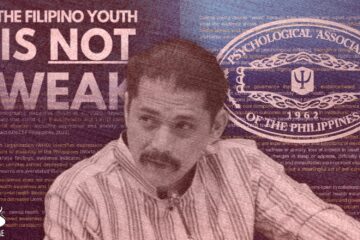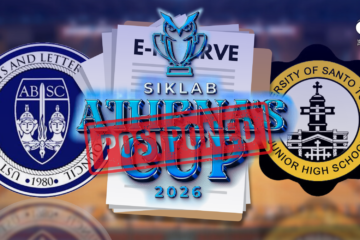
ONE MUST remove his/her personal biases when judging the truth of a news, veteran journalists from the Philippine Star told students in a digital news literacy seminar held Feb.19.
Matikas Santos, online editor of philstar.com, warned of the dangers of “confirmation bias,” the tendency to accept information that reinforces one’s beliefs.
“[T]his is what the people who make fake news are after. They want to entice you to be even [angrier]. […] It becomes even more extreme, your views, then you are even more unlikely to have an open mind,” Santos said.
“It’s not news that’s biased. It’s actually you that’s biased towards yourself,” he added.
Santos encouraged the students to question and challenge the claims of authority and refuse to blindly believe them.
Being knowledgeable on current issues could help avoid falling for fake news, he added. “If hindi ka aware sa basic facts ng mga bagay–bagay, ng mga issues, you’re more likely to believe whatever anybody tells you.”
Vberni Regalado, Philippine Star’s head of social media, said everyone has a major role in maintaining the quality of information and discourse on social media.
“Bring back good online. Let’s share what are truthful. […] If it doesn’t help the online space, just don’t do it. Just write it in your diary,” Regalado said.
Philippine Star reporter Janvic Mateo urged the media students to uphold their responsibility of protecting the public from misinformation by always fact-checking.
“Seek clarification; it should always be a part of your process in writing a story. […] Hindi naman ganun kahirap na i-contact ‘yung taong nagsabi to verify, to present your information,” Mateo said.
The forum titled How Press Works: The Real Story Behind Fake News was held at the Faculty of Civil Law Auditorium. It was organized by the Flame in line with its 53rd anniversary, and in partnership with the Philippine Star. F



